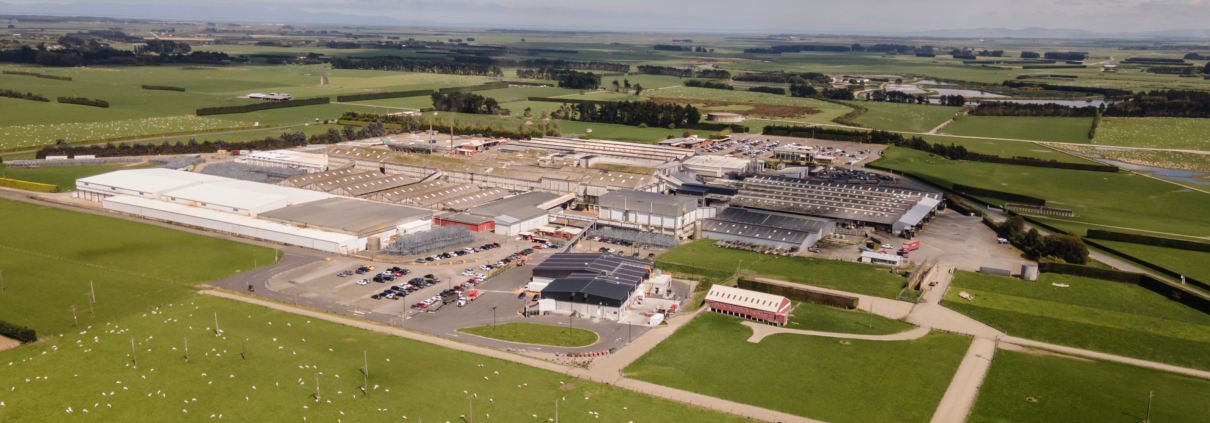Brief Bites, 13th March

Alliance Farmer Shareholder News
In this edition:
- Omicron update including plant processing summary
- Supporting each other through the pandemic
- Agriculture emissions pricing options
- Global market update
Omicron update

Omicron continues to impact our people, their families and rural communities and many of us now know someone who has tested positive for COVID-19. An increasing number of our employees are isolating or having to stay at home to look after family members. Earlier this week, we updated farmers about how this absenteeism is creating resourcing challenges and affecting plant configurations and processing capacity.
The Alliance team is doing everything we can to mitigate the impact of the pandemic on capacity including consolidating day and night shifts and moving livestock across our network to maximise our processing volumes.
Our team meets every morning and evening to provide the latest operational updates and discuss how to best optimise capacity at all plants, ensuring we can retain volume for all livestock species across the network. I am proud of the way our people have come together to support our farmers, while dealing with some very challenging issues themselves.
As we monitor our global markets and available capacity, we are making decisions on optimal product mix. This means at some plants we are being forced to change and simplify the cut mix and move product to different markets so we can maximise processing volumes for farmers. This will reduce the value we can capture for some products. Our priority right now is ensuring we can get your animals off the farm and processed as quickly as we can.
Although the situation is highly changeable, the earlier spread of COVID-19 means processing capacity in the North Island is beginning to recover as staff return from isolation to work. We appreciate the patience of farmers facing the unavoidable processing delays. Please continue to stay in touch with your Alliance livestock representative. They are here to help you manage through this challenging time.
According to the latest processing volumes data from B+LNZ’s Economic Service, lamb in the North Island, bull in the South Island and mutton in both islands, are lagging behind previous years. You can read an update from B+LNZ and the Meat Industry Association here.
Plant processing summary, as at March 13 (please note the plant configurations could change as community outbreaks occur)
| Plant | Species | Shifts |
| Dannevirke | Processing ovine | Consolidated as at 13/3 Nightshift to resume this week |
| Levin | Processing ovine only this week Bovine resumes Monday 14 March |
Consolidated at as 13/3 Nightshift to resume this week |
| Nelson | Processing ovine | Consolidated as at 13/3 Nightshift to resume this week |
| Smithfield | Processing ovine and cervine | Ovine consolidated Day and night shifts on cervine |
| Pukeuri | Processing ovine and bovine | Consolidated |
| Mataura | Processing bovine | Consolidated |
| Lorneville | Processing ovine and bovine | Day and night shifts continue |
Overall, pricing remains solid for our products, however the supply chain continues to be impacted by container shortages, off schedule vessels, delayed transit times, and port productivity.
Supporting each other through the pandemic


From left: Marilyn, Caitlin, Sophie and Nathan Parris
Nathan’s x-ray shows the extent of the break One of the few positives to come out of the COVID-19 pandemic has been everyone in the sector supporting each other.
A huge thank you to our Western Southland livestock representative Blayne De Vries and members of the Waiau Rugby Club who rose to the occasion when Alliance shareholder Nathan Parris broke his collarbone while dirt biking.
Nathan was about to move 1,300 lambs to Canterbury using our free store stock facilitation service but they needed to be crutched. All contractors were busy, and Nathan didn’t think it could be done until Blayne stepped in, enlisted members of the rugby club and crutched the lambs in one evening.
Agriculture emissions pricing options – consultation closes in two weeks
We encourage you to lodge a submission on the emissions pricing options developed by the He Waka Eke Noa Primary Sector Climate Action Partnership as alternatives to the Emissions Trading Scheme (ETS).
That is why it is important farmers participate in the consultation and the sector lands on a preferred option because otherwise the Government has made it clear that it will bring agriculture into the ETS.
The ETS is not an appropriate solution for the red meat sector. It does not capture the meaningfully different impacts of different gases from agriculture and it’s important we get the split gas approach recognised. Nor does the ETS recognise on farm sequestration, which is a key part of our farming systems.
Putting agriculture into the ETS would have a significant impact on our sector, farming families and rural communities. That’s why it’s farmers have their say in this process.
The Meat Industry Association has prepared a useful fact sheet on the options. Consultation closes on 27th March and you can have your say here.
Update from our global markets
Lamb
Post-Easter production continues to be focused on frozen key account programmes. As European Union food service ramps up, demand for frozen value added cuts remains strong on limited in-market stocks. However, the Ukraine crisis is creating some market apprehension.
UK retail remains steady and large food service chains are now re-opening, which is strengthening overall demand. North America retail and the food service sector remains firm but inflationary pressures are a concern. The market in China remains positive post-Chinese New Year, which is encouraging for the balance of the season. The Middle East market continues to purchase volume commodity cuts to replenish in-market inventories.

Mutton
Mutton processing is well advanced through this season but lagging behind the five-year average. There is demand for a variety of cuts at levels which we expect will be maintained for the balance of the season. Diversification is continuing into Malaysia, Taiwan, UK and North America. The product range for these markets is a combination of commodity and further processed cuts.
Venison
Frozen negotiations have now concluded to all key European customers at improved levels to 2021, which will ensure a greater degree of stability. We are continuing our ongoing diversification away from established EU markets into developing markets such as China and North America.
Beef
In China, the market is firm with NZ/Australia pricing remaining unchanged at wholesale levels. Both Brazil and Argentina have seen their beef wholesale levels decline slightly. The market has lifted for lean grinding meat in China with significant contracts confirmed at levels equivalent to the US market.
The US market is also unchanged with strong pricing reflecting the lower volumes of both domestic and imported beef. Continued demand from China for lean grinding meat gives a strong market alternative, especially as US importers continue to talk the market down. Overall, global demand is firm with the current constraints on processing cattle exacerbating the situation.

Co-products/Specialty Ingredients & Materials
Tallow hit another record price this week as fuel prices surge globally. Demand for pet food ingredients remains high and surpasses demand compounded by the late lamb season. Meal prices remain steady and our customer base is unaffected by the conflict in Ukraine so far. Strong wool strengthened by a slight margin of +3c with strong demand seeing high clearance rates.

Warm Regards

David Surveyor – Chief Executive
Follow us on Instagram:

For more information about Alliance, visit alliance.co.nz
You can update your preferences or unsubscribe from this list.







